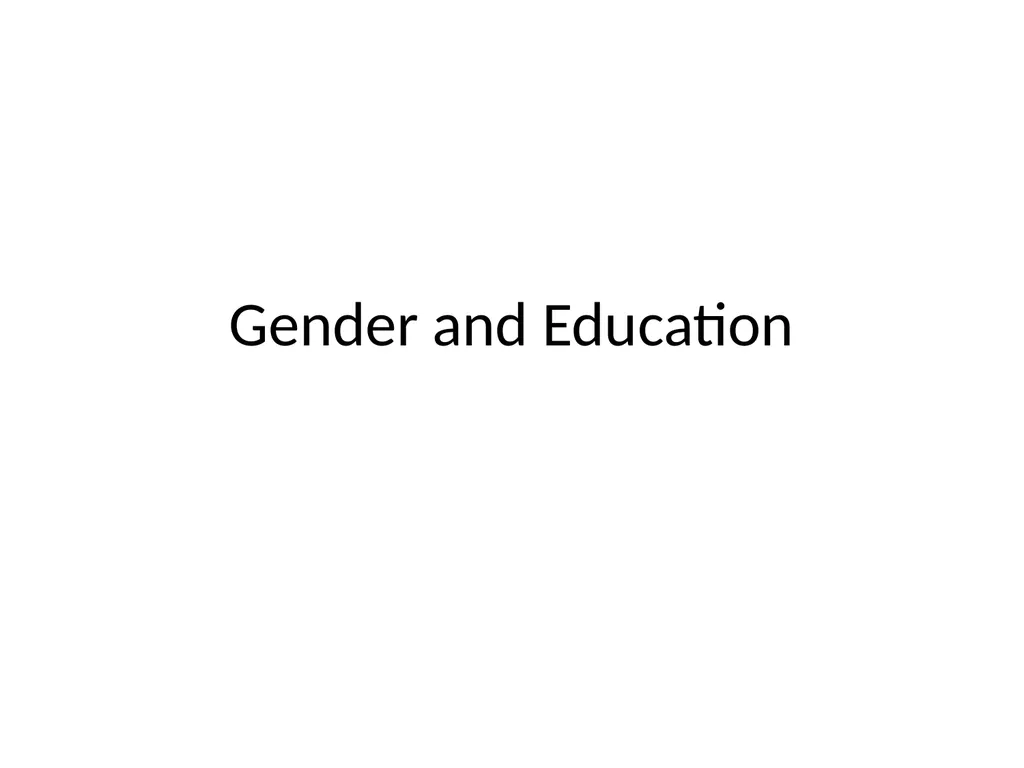
Author : debby-jeon | Published Date : 2025-05-16
Description: Gender and Education Overview Education provision before 1870 Pioneers Teacher training Working class education Literacy Middle class education Higher education Conclusion Education pre-1870 Almost all writers at beginning of the 19thDownload Presentation The PPT/PDF document "" is the property of its rightful owner. Permission is granted to download and print the materials on this website for personal, non-commercial use only, and to display it on your personal computer provided you do not modify the materials and that you retain all copyright notices contained in the materials. By downloading content from our website, you accept the terms of this agreement.
Here is the link to download the presentation.
"Gender and Education Overview Education provision"The content belongs to its owner. You may download and print it for personal use, without modification, and keep all copyright notices. By downloading, you agree to these terms.













